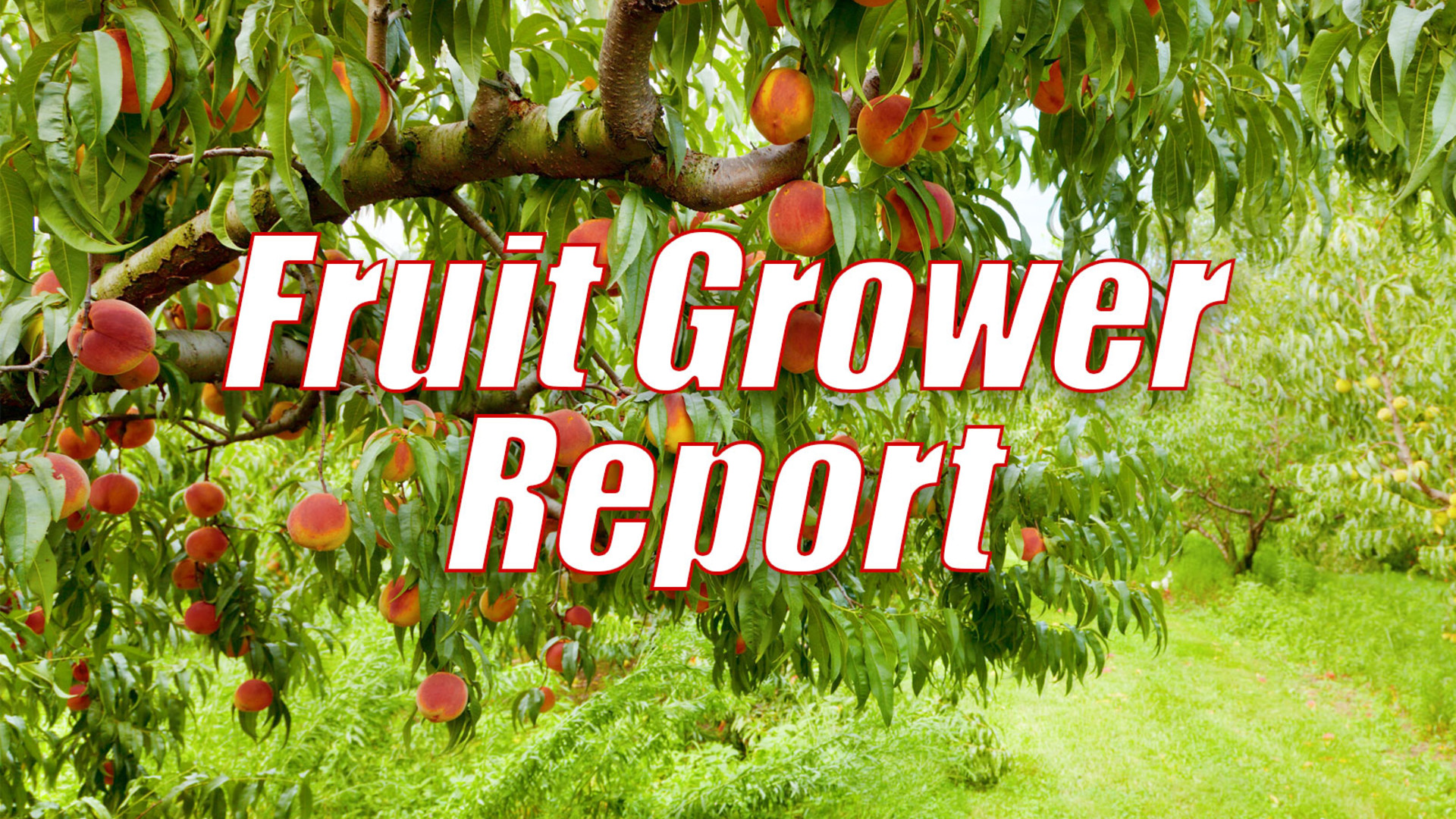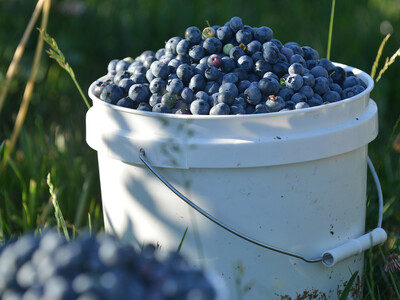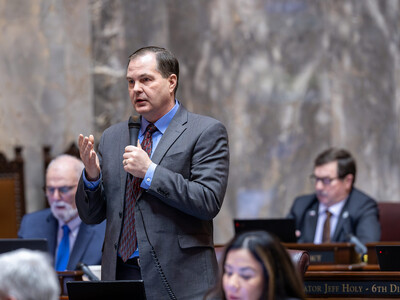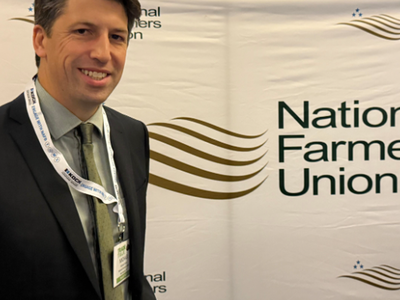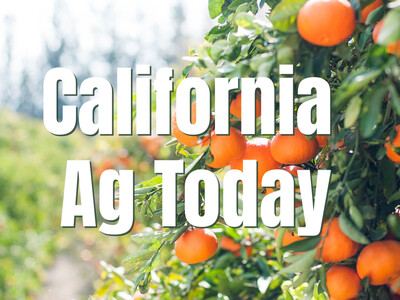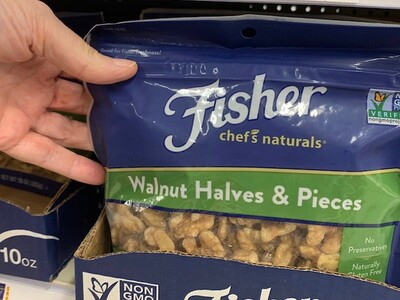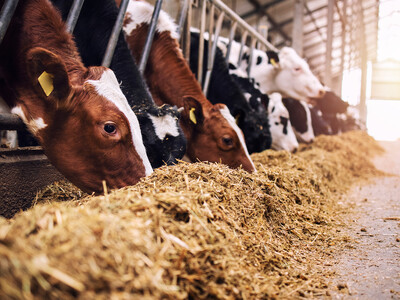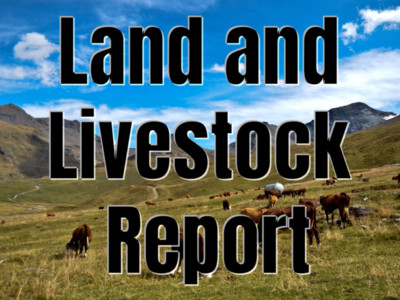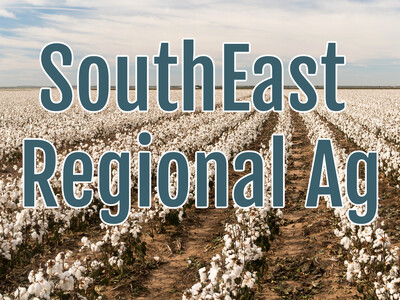Ag Labor Under Coronavirus Pt 1
With today’s Fruit Grower Report, I’m Bob Larson. The COVID-19 coronavirus has changed, for the time being at least, the way we’re all going about our lives and business.But, through it all, farmers and ranchers soldier on because they’re “essential.”
And that, according to the Washington Policy Center’s Initiative on Agriculture Director, Pam Lewison is something she predicted, kind of …
LEWISON … “Yes, it’s funny, early on, I wrote calling for ag to be considered an essential infrastructure, an essential service, and about two hours after a wrote that recommendation Homeland Security came out with their recommendation that ag was considered an essential infrastructure. So, it may not have been because of me, but I’m going to say that it was (chuckles).”
But, Lewison says, even though ag is one of our “essential” industries, it doesn’t mean there couldn’t still be problems …
LEWISON … “We’ll have to see what happens with ag labor. I think there’s still the potential for a shortage as consulates from elsewhere determine how they’re going to go through the vetting process on their side of things.”
So, at this point anyway, Lewison says we’ll have to wait and see what the other countries can do to clear the way for ag workers …
LEWISON … “The U.S. has done as much as they can to make sure that workers are allowed to come to us, but to a certain extent, you know, we can’t force other consulates to allow people to come.”
Listen tomorrow for more on ag labor during our coronavirus changes.
#########
BL: Welcome back to another “Fruit Bites” brought to you by Valent U.S.A. With us again is Valent’s Allison Walston. And this week Allison, let’s talk about soil in the PNW?
AW: Undisturbed soil is typically air, water, organic matter and mostly mineral nutrients. When we relocate, plant into or compost our soil, it changes.
BL: why are nutrients important in the soil?
AW: In order for plant roots to uptake nutrients, they need to be there in a form that the plant can uptake. in low levels, plants won’t grow. We can add the big 3, nitrogen, phosphorus & potassium to help adjust for plant needs. We can plant legumes to fix nitrogen. And we can use mycorrhizae.
BL: We typically have low phosphorus levels in our soils, what then?
AW: this creates plant stress, which triggers the mycorrhizal spores to germinate. Their hyphae can grow further into smaller nooks & crannies to get more phosphorus, therefore the plant gets more nutrients.
BL: Well, thanks Allison. Join us again next time for Fruit Bites, brought to you by Valent. Until then, I’m Bob Larson.


